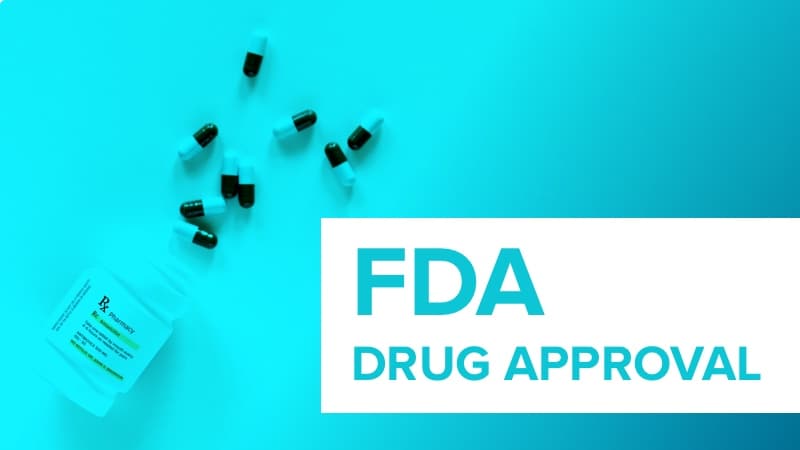LONDON – The Royal College of Physicians Annual Conference in London held a debate that asked: should doctors engage more with the pharmaceutical industry? On one side of the argument was former deputy chief medical officer, Professor Sir Jonathan Van-Tam; he of the popular pandemic briefings. On the other side was Dr Margaret McCartney, senior clinical lecturer in general practice at the University of St. Andrews.
The Vote For
Van-Tam argued that doctors need to engage more with pharmaceutical companies. Society relies on medicines that preserve and extend life, he explained, and end users need to know that new drugs are useful, affordable, and accessible to those that need them. This not only requires clinical testing, but also needs contextual information that can only emerge if there is proper dialogue between the different parties.
To illustrate the point, Van-Tam referred to neuraminidase inhibitors for influenza, which were developed in the late 1990s and tested in trials, with reduction of symptom duration as a primary outcome. Upon licensing, however, healthcare professionals objected to their use because they did not want patients with flu in primary care, and because patients are unlikely to seek treatment during the early stages of infection when the drugs are most effective.
In this case, it would have been more useful to know whether these can drugs save lives and prevent hospitalizations – but the manufacturers were not given the right advice at the right time by doctors, who are the “vital guardians of evidence” that protect the pharmaceutical industry from operating in a vacuum.
The question, therefore, is not whether doctors should engage with the industry, but how they should engage, said Van-Tam.
“Preventive medicine and preventing ill health is a big agenda that has the power to change the outlook in this country between now and 2040,” Van-Tam told Medscape News UK. “But the pressures that healthcare is under means that we need more effective medicines that are more suitable for use in our healthcare marketplace.”
“Companies rely on the expertise of people who are at the coalface to understand how to develop medicines,” he continued. “ Times are changing and the mood music is very much towards working together, but that has to be done carefully and with transparency, and with maintaining your own personal integrity. That’s an important qualifier for each and every doctor when they engage with industry.”
The Vote Against
McCartney counter-argued that pharmaceutical companies have their own agenda, which does not always match that of doctors and their patients, and that engaging with industry creates a conflict of interest. Doctors need professional autonomy to act on evidence and should remain completely unbiased when doing so.
McCartney noted that, until relatively recently, doctors promoted smoking because the financial incentives from tobacco companies created conflicts of interest. Today, advertising influences doctors in more subtle ways.
McCartney referred to a 2001 study of the attitudes and practices of 105 resident physicians in the US to pharmaceutical industry promotions. 61% of survey respondents stated that pharmaceutical industry promotions and contacts did not influence how they prescribed drugs, but only 16% believed that other physicians were similarly unaffected. Even so, more than two thirds of residents agreed that medical institutions should have rules on industry interactions with residents and faculty.
A more recent study revealed that North American clinical practice guidelines for prescribing opioids for chronic non-cancer pain from 2007 to 2013 were at risk of bias because of pervasive conflicts of interest with the pharmaceutical industry and a paucity of mechanisms to address bias.
“This matters because we need our patients to trust us,” McCartney said, “particularly if we're talking about public health interventions, vaccinations, emergency care, and sensitive disclosures. Our own research shows that, as the number of conflicts and disclosures increases, patients believe less and less that doctors are acting in their best interests.”
McCartney noted that healthcare professionals in the UK received more than £81.5m from the pharmaceutical industry between 2018 and 2020.
“We need to work with industry to get good products to patients, but we also need to make sure that we don't get drawn into this and become biased and conflicted in the meantime.”
The Verdict?
McCartney's argument seemed to be the more convincing: In a pre-debate vote, 74% of conference delegates agreed with the motion: 'This house believes doctors should engage more with the pharmaceutical industry'. After the debate, just 38% agreed with it.
Moheb Costandi is a freelance science writer based in London.

.webp) 2 weeks ago
6
2 weeks ago
6
























 English (US)
English (US)